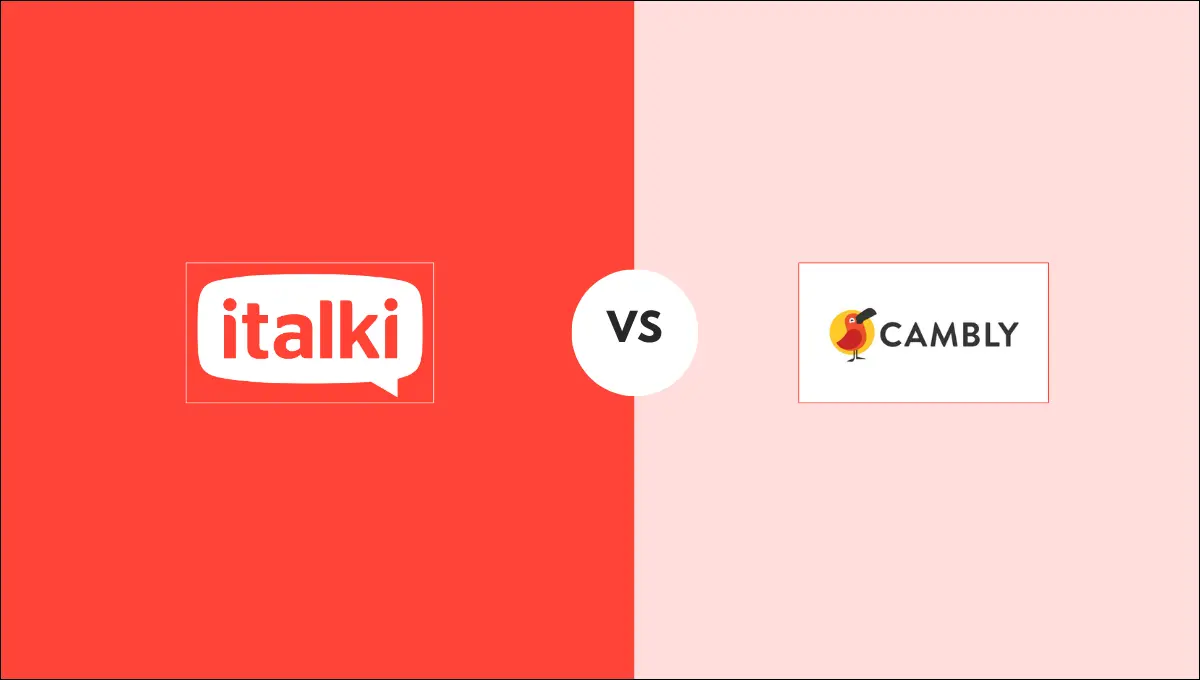France, renowned for its rich history, cultural landmarks, and exquisite cuisine, also boasts a distinctive work culture deeply rooted in tradition and societal norms. Understanding these nuances can significantly enhance your experience working in France or collaborating with French colleagues.

Working in France may differ from working in the UK, the United States, or most other nations. In this blog post, we’ll review some crucial insights on French work culture to assist you in understanding what to expect as an employee.
Seven interesting facts about French work culture
If you seek employment opportunities in France, these facts can help you understand natives and their work practices. Knowing how to become good at French can also increase your chances of landing your dream job.
Punctuality in France
Although the French are not as obsessed with punctuality as other nationalities, arriving on time for meetings and appointments is considered a gesture of respect. The length of time before you’re regarded as ‘late’ is determined by the formality of the meeting, and in the South of France, the quart d’heure Montpellierain is well-known (15-minute margin).
However, being late without a valid explanation is perceived as a lack of respect for others, thus it is critical to notify people in advance if feasible. Also, plan to arrive early to allow for any traffic or public transportation delays. It is also feasible to learn please in French to use in such situations.
Work-life balance
The French respect their leisure time and work to live rather than work. As a result, they place a significant priority on work-life balance. Work hours are shorter than in other nations, with an average of 35 hours per week.
As a French employee, you are supposed to take at least five weeks of vacation each year. Furthermore, it is not uncommon for businesses to close for several weeks over the summer, particularly in August. As a French employee, you are not obliged to answer business emails and phone calls after the work day has ended or while on vacation.

Lunch breaks
Lunch is the main meal in French culture. Hence, lunch breaks are usually lengthy enough for a hot, sit-down dinner, lasting one to two hours each. It is normal to share lunch with coworkers or clients, and eating a sandwich at your desk is frowned upon and illegal.
For lunch, you can eat at your company’s cafeteria (if one exists), bring your food to a designated area, or dine at a restaurant.
French business etiquette
French business etiquette is somewhat formal, and it is usually preferable to err on the side of formality rather than be perceived as rude. Unless asked to use their first name, it is usual to address persons by their formal title, such as Monsieur or Madame.
Handshakes are the norm in business settings, and greeting each individual upon entering a room is considered polite. Some people believe using these titles is outdated, but they will be regarded respectfully, so don’t be concerned! Of course, things are less formal with coworkers at your level, who typically use first names and the casual tu.
To converse with your colleagues effortlessly, you can also explore several French learning books. These books help you improve vocabulary, and several formal and informal greetings and phrases.
Networking
Networking is vital in France, so attend social events and get to know your coworkers and business associates. Building human ties is essential for conducting business anywhere, and because French culture is more formal, it might take time to create trust and rapport. You should dress appropriately and display your best behavior if you’re asked to a business dinner or other social gathering.

Dress code
French individuals generally dress more formally, and this is especially true in professional settings. Dressing well shows respect for the people you work with and can also help you make a good impression. Avoid wearing informal or sloppy attire in work environments. The dress code will be determined by the workplace culture, although it is advisable to be on the side of formality rather than casualness.
Communication
French people are known for their straightforward communication style, so don’t be frightened if someone speaks to you honestly. Expressive communication is also appreciated in French society, and it is normal to engage in discussions and debates during business meetings, lunch, or even the coffee break.
However, being respectful and avoiding interrupting people while speaking is critical. French people cherish honesty and transparency and appreciate it when others share their values. It’s also worth noting that the French language may be rather formal, so use the correct forms of address.
If you’re planning to work in France, it’s essential to understand the French work culture to make your transition as smooth as possible. You also need to master French to open the gate of endless opportunities.
Looking for an authentic language-learning medium? Well! We have a recommendation for you. Explore italki to get the most experienced and highly professional French tutor online.
Learning the French language with italki
This fantastic platform is ideal for those who want to learn French online at a gradual pace. italki makes learning a new language simple and well-organized. Let’s explore some of italki’s most noticeable features to understand the learning practices better.
Incredible French tutors: You can find the best online French tutors at italki. All of the instructors are certified educators with many years of experience. Learning the language is essential if you want to interact with them because most are native speakers.

Find Your Perfect Teacher
At italki, you can find your French tutor from all qualified and experienced teachers. Now experience the excellent language learning journey!
Book a trial lesson
Schedule flexibility: This online platform is well-known for allowing students to create their own schedules. You can make your schedule, but remember to stick to it.
Conversational learning practices: italki’s main strengths are French-speaking classes. You can discuss your learning objectives and needs with your tutor, who will guide you through the process and make French learning easier.

The enrollment process at italki
- Visit italki.
- Generate your profile.
- Enter information about your preferred learning style, schedule, and mode.
- Look for French tutors: Go to the ‘Find a Teacher’ section and search for French tutors. Review their profiles, including their experience, reviews, teaching styles, etc.
- Select your preferred tutor. To experience the quality of their learning sessions, you can book a trial session at a discounted price.
- Establish your learning objectives in consultation with your tutor. Schedule regular lessons and adhere to them with zeal.
- Participate in conversational sessions and read the instructor-provided material to improve your language skills.
- Listen to the instructor’s feedback and keep track of your learning progress.
Frequently asked questions
What is the typical workweek in France?
A: The standard workweek in France is 35 hours, although some industries and companies may have different arrangements. This was implemented to promote work-life balance.
How important are lunch breaks in French work culture?
A: Lunch breaks are highly valued in French work culture. They are seen as a time to relax, socialize, and enjoy a meal. A two-hour lunch break is common in many workplaces.
How does hierarchy influence the workplace in France?
A: French workplaces often have a strong hierarchical structure, with clear distinctions between levels of authority. Respect for seniority and titles is important, and decisions are typically made at the top levels of management.
Is work-life balance important in France?
A: Yes, work-life balance is highly valued in France. French employees prioritize their personal lives and often resist working outside of regular hours. Vacations are also considered important, with many businesses closing for several weeks in the summer.
Conclusion
French work culture is a fascinating mixture of tradition, respect, and a deep appreciation for life’s pleasures. By embracing these cultural nuances, you can confidently navigate the French workplace and enjoy a rewarding professional experience in this captivating country.
Polishing your French speaking and writing skills can enable you to expand your career path. Visit italki to hire the best French tutor online at an affordable price!
Want to learn a language at italki?
Here are the best resources for you!



















